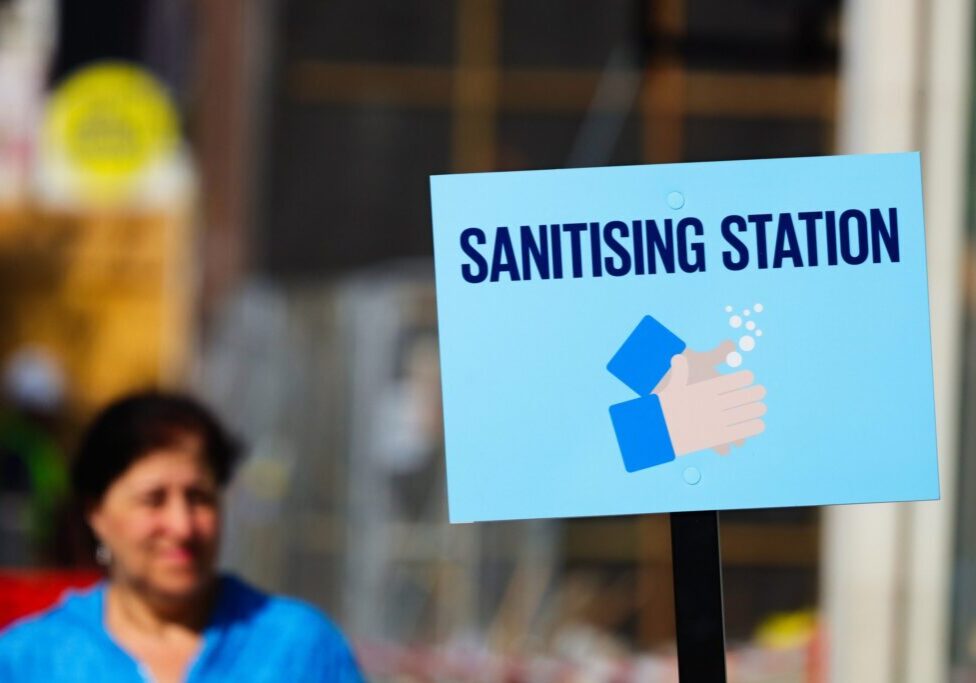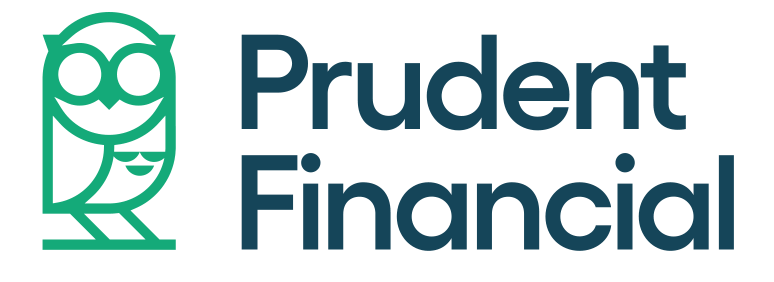
Canadians have been continuously warned of the dangers of Covid-19 and impact of not taking health and social distancing guidelines seriously. The term “second wave” has been used constantly by politicians and public health experts to warn of the potential for a spike in cases. Chief Public Health Officer Dr. Theresa Tam has repeatedly warned of the possibility of an “explosive” second wave in new infections.
Dr. Theresa Tam has stated the following recently: “Our chance to prevent a large resurgence narrows with each passing day of accelerated epidemic growth”. Dr. Tam has also stated that “Public health testing and tracing remains vital, but it’s clear that without all of us making hard choices now to reduce our in-person contacts and maintain layers of personal protections at all times, it won’t be enough to prevent a large resurgence.”
The bottom line is that Canadians need to be vigilant and not become careless due to the recent increase in active cases.
3 Tips to reduce risk of exposure
1. Practice physical and social distancing
Physical Distancing can be defined as staying six feet away from people when going out. Social Distancing is when people avoid meeting with individuals outside of their immediate family and work bubble. If you interact with people outside of your bubble it is particularly important to practice physical distancing as much as possible.
Unfortunately, in certain environments physical distancing can be quite difficult. It is very difficult to stay six feet away from people at all times in gyms, restaurants, grocery stores malls and when commuting on public transit. It is therefore important to have a good hygiene routine and wear appropriate PPE equipment. In addition, common greetings such as handshakes, hugs and kisses should be avoided.
2. Good Hygiene and PPE
-
- Avoid touching your face with unwashed hands and avoid playing with mask when hands are not clean
- Wash your hands frequently for at least 20 seconds or use a hand sanitizer containing at least 60% alcohol
- Cough or sneeze away from others and into a tissue/bend of your arm
3. Stay home as much as possible and minimize time spent in crowded places
It is obvious that the more you stay home, the less likely you are to contract or spread virus to others. Instead of shopping at a mall or store consider shopping online especially for items that are non-essential. Another option could be to have grocery or food items delivered to door.
Saving Money
If there’s one positive in all of this, it’s the fact that by physical distancing from others you may actually be finding you’re saving money month to month.
The pandemic has caused more businesses to operate remotely and allow employees to work from home. This presents some individuals with an opportunity to save on commuting through public transit or automobile. Some workers may find that they don’t need a car or perhaps some families can get by with only one vehicle.
A Safe Solution
One safe solution would be to walk or bike to your destination and reduce exposure to Covid-19. Research has shown that outdoor activities pose less of a threat. A Japanese study has found that the odds of catching the coronavirus are almost 20 times higher indoor than outdoors. Dr. Julian W. Tang a virologist at the University of Leicester stated the following “Outdoor gatherings lower risk because wind disperses viral droplets, and sunlight can kill some of the virus. Open spaces prevent the virus from building up in concentrated amounts and being inhaled, which can happen indoors when infected people exhale in a confined space for long stretches of time.”
Preparing your Finances for the Second Wave
Another important topic is how to financially prepare for a second wave. See below for five tips.
Buy items in bulk or on sale, especially items that were in high demand during first wave of pandemic. These types of items may be harder to find/sold at inflated prices if a second lockdown were to occur.
- Buy items in bulk or on sale, especially items that were in high demand during first wave of pandemic. These types of items may be harder to find/sold at inflated prices if a second lockdown were to occur.
- Review your response to COVID-19 so far. Evaluate your spending and determine whether your spending habits are sustainable considering monthly income. Make adjustments accordingly and determine if you can reduce monthly expenses to have positive cash flow. Be particularly careful about panic shopping or online transactions with credit card.
- Try to avoid high monthly credit card balance and avoid using your savings unless absolutely necessary
- Consider a Home Equity Line of Credit (HELOC). A HELOC is for individuals who have good credit and more than 20% equity in home. In Canada, an individual’s HELOC cannot exceed 65% of home’s value or purchase price and functions as a revolving line of credit. Source:https://www.canada.ca/en/financial-consumer-agency/services/mortgages/home-equity-line-credit.html An individual can withdraw funds as needed and doesn’t pay interest until he or she withdraws funds. Considering that interest rates are low you may be able to secure a low rate of interest.
- Car Title Loan: If you’re having difficulty securing a good interest rate for an unsecured loan. It might benefit you to use your car as collateral against a loan in exchange for a lower interest rate. However, you need to be mindful that in the event of default the secured lender has a right to seize security.
With active cases on rise and the potential for new government restrictions to be put in place, it’s essential you and your family have a plan for the second wave. If you’d like to discuss financial options to bridge you and your family through the coming months, a Prudent Financial loan officer would be pleased to speak with you. They can help you discuss viable options. Please contact us at 416-223 9300 or visit our website for more information at Prudent Financial.net.
Photo by Kevin Grieves Unsplash
